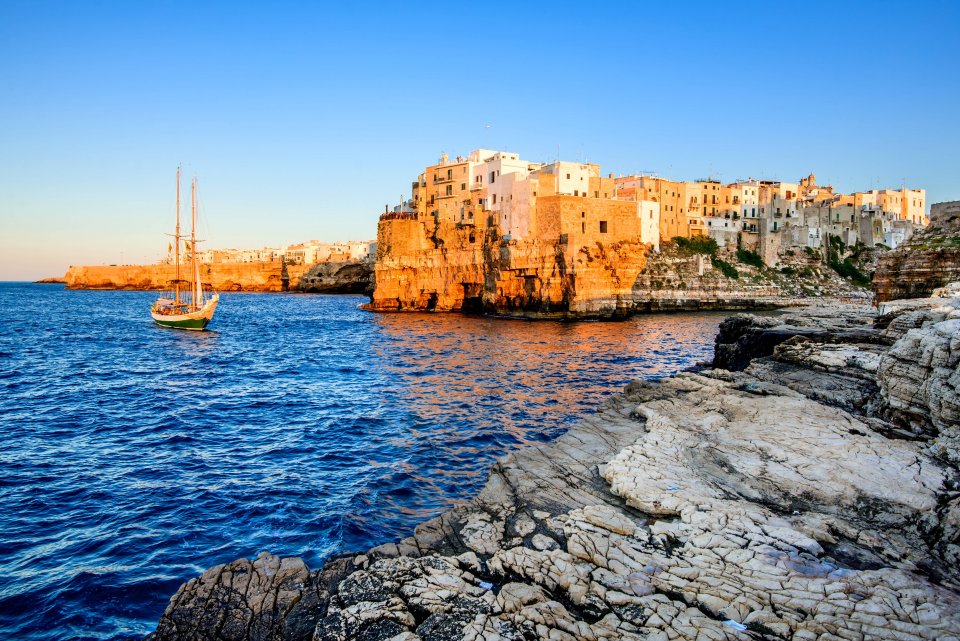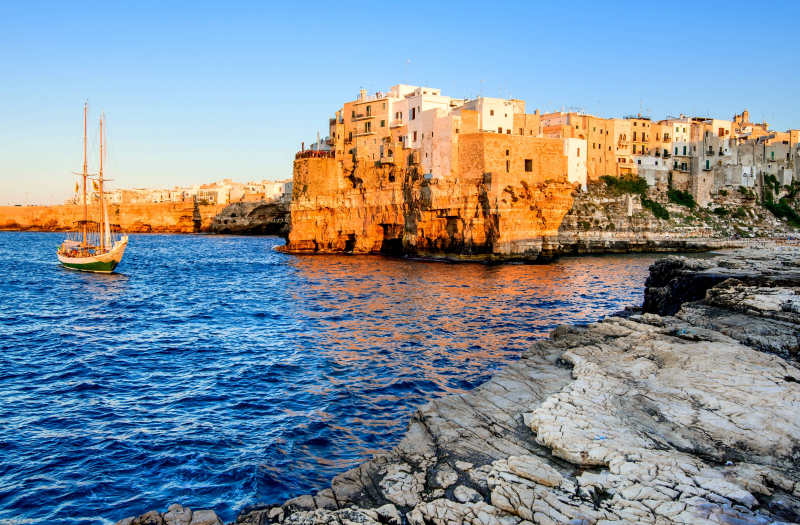Bari - NbS for greening the urban space

The overall objectives of the Bari city authorities are to improve urban quality, reduce the urban heat island effect and manage storm water.
Improving green areas and their functions is a crucial part of achieving this goal and is addressed by several plans within Bari’s multi-level planning system. This multi-level planning consists of:
- the city itself, which is responsible for statutory land-use planning;
- the metropolitan area of Bari, which has powers only for strategic planning;
- the Apulia Region, which is responsible for overarching plans in areas such as landscape, regional infrastructure and water resources.
At regional level, the regional landscape plan lists a series of goals related to urban and peri-urban green spaces, including community spaces in new housing developments, multifunctional agricultural areas at the city margins and green spaces in consolidated urbanised areas. The main focus of this plan for the central area of the Apulia region where Bari is situated is to develop the system of lame, which are karstic, geomorphological depressions or intermittent rivers. These provide a natural network for drainage which has been interrupted by urbanisation processes. The idea is that these could be rehabilitated so as to decrease geomorphologic and flooding risks and to create connectivity (“Paesaggio Puglia - Scenario strategico,” 2016).
The regional landscape plan builds on the 2002 regional urban landscape plan (PUTT/P) and the regional territorial landscape plan (PPTR). These plans aim to preserve and restore the landscape, recognising the role of biodiversity and landscape in the region’s economic and social development.
At local level, the strategic plan for the metropolitan area of Bari (“Bari 2015 Metropoli Terra di Bari,” 2015) also lists the repair of the lame within the city as potential ecological restoration projects.
In addition, the preliminary planning document (DPP) for the new masterplan (currently being drafted) follows the regional landscape plans in seeking to promote the region’s self-sustainable socioeconomic growth by preserving and repairing its social, cultural and environmental assets (DeBellis, et al., 2015).
At sectoral level, the hydrogeological masterplan of the Apulia Region Water Basin Authority also points to the importance of increasing the quality of urban and peri-urban landscapes, with a special focus on geomorphologic features of the landscape that need to be conserved and developed to increase hydraulic security (DeBellis, et al. 2017).
NbS 1: Operation Zero Degradation (Revitalising residual urban areas as green spaces)
The Bari Urban Living Lab and Focus Learning Alliance, organised as part of the Green surge project funded under the FP7, focused on the reuse of existing vacant areas in the city and...
The high building density in the city of Bari places physical limits on greening initiatives, while the availability of land is hampered by the municipal authorities’ limited resources. Rather than using economic resources on many minor projects, city officials seek to focus these resources on finalising projects to improve urban green space and its sustainability (DeBellis et al. 2015). The existence of numerous fragmented green or open spaces created in the context of obligations for building permits (see below) poses heavy management issues, as the city struggles to keep account of these spaces.
With scarce direct financing for public green policies, green areas in real estate projects are established by private investors under urban planning permits. Green areas are often planned and/or established as part of building investments on different scales, such as Fuksas’s unrealised plan...
Yole de Bellis, University of Bari, Author of the Green Surge case study for Bari
Carla Tedesco, assessor for urban planning in the city of Bari.
